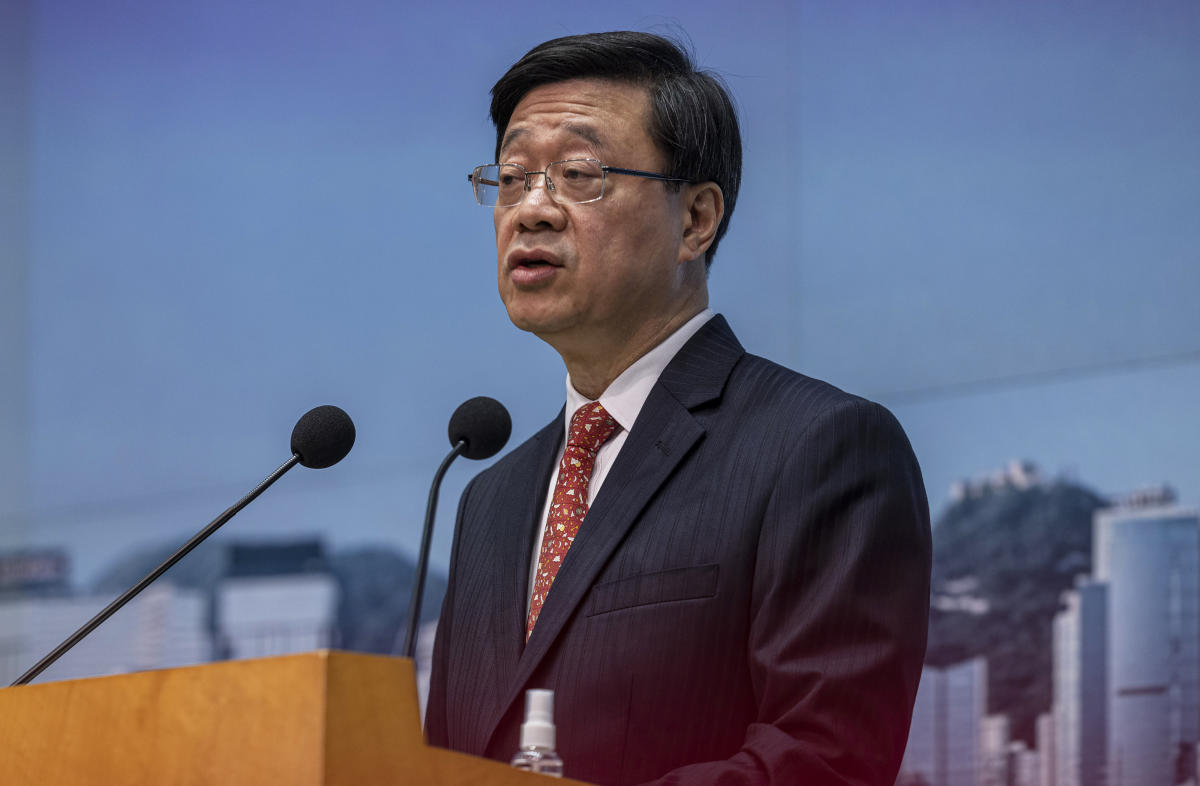Hong Kong Leader Announces Measures to Address Housing Crisis in Annual Policy Address

Hong Kong Chief Executive John Lee revealed several new initiatives on Wednesday to tackle the city’s housing affordability crisis, a growing concern for many residents. In his annual policy address, Lee emphasized that housing remains “an issue of great public concern” and introduced key policies aimed at easing access to subsidized housing, particularly for citizens under 40.
A centerpiece of Lee’s plan is a policy that will give younger citizens a better chance of securing subsidized housing. The Hong Kong Housing Authority will allocate an extra ballot number to applicants under the age of 40, thereby increasing their odds of being selected for the Home Ownership Scheme (HOS) flats. This move is part of a broader effort to address fears that younger generations are struggling to secure affordable housing in the city’s crowded market.
Additionally, the government will raise the quota for the White Form Secondary Market Scheme by 1,500 units, all reserved for applicants under 40. This scheme allows for the purchase and sale of secondhand subsidized flats without a land premium, further easing housing access for younger residents. Only 4,500 households were eligible under the scheme in 2023, so the increase represents a significant expansion.
Lee’s address comes amid reports that some young Hong Kongers are declining promotions and pay raises in order to stay eligible for public housing, rather than entering the private market, which remains out of reach for many.
Addressing the Youth Housing Crisis
Another focus of Lee’s policy is the continuation of the Youth Hostel Scheme, which subsidizes non-governmental organizations to convert hotels and guesthouses into affordable living spaces for young people. This initiative aims to provide temporary relief for young residents struggling to enter the private housing market.
Hong Kong has ranked as the least affordable city for housing for over a decade, according to the 2024 Demographia International Housing Affordability report. The city’s notorious “shoebox-sized” subdivided flats, often as small as 86 square feet, have long been a symbol of the housing crisis, linked to health and safety concerns.
In response, Lee announced a plan to improve the quality of subdivided flats. A new rental system will be implemented to convert substandard units into Basic Housing Units, which must meet requirements like having windows, toilets, and a minimum size larger than 86 square feet. This move aims to improve living conditions for those residing in these tiny, often inadequate spaces.
Public Housing Expansion and Wait Time Reduction
The government has also set ambitious goals for public housing development. Lee announced plans to complete 9,500 new public housing units next year, moving toward the goal of 30,000 new units by 2027-2028. Currently, the average wait time for a public housing unit is 5.5 years, but Lee expects this to decrease to 4.5 years by 2026-2027.
A Shift in Focus: Livelihoods and Economic Recovery
This year’s address marks a shift in focus for Lee, who previously emphasized national security and post-pandemic recovery in his earlier speeches. Now, with civil unrest and pandemic challenges behind him, Lee’s administration is placing greater emphasis on improving residents’ livelihoods and strengthening the city’s economy.
Lee’s housing policies, especially those aimed at younger generations, signal the government’s intention to address one of the most pressing challenges facing Hong Kong’s future—ensuring access to affordable, quality housing in one of the world’s most expensive cities.













